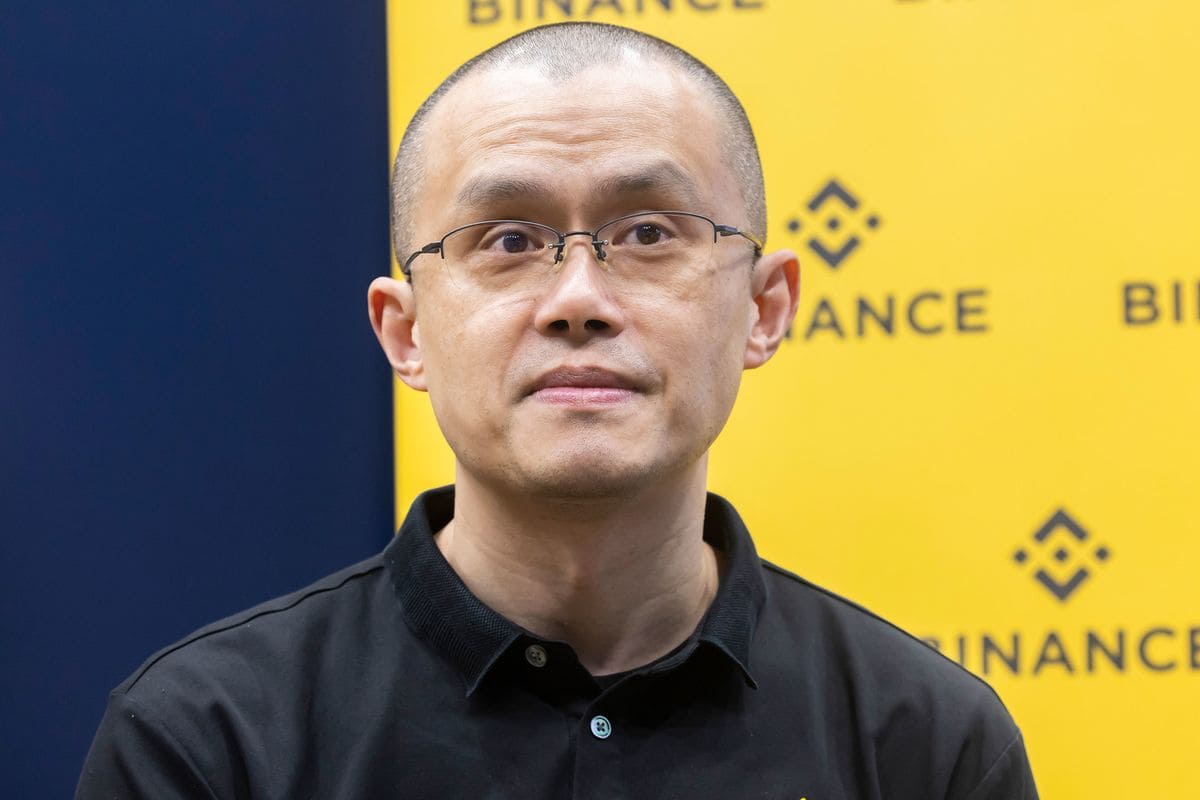Breaking: Crypto Twitter, CEO “CZ” Refute China-Binance Link After US CFTC Suit

After the U.S. CFTC suit against Binance and CEO Changpeng “CZ” Zhao for violating crypto trading and derivatives regulations, new allegations have been raised against the crypto exchange Binance and CEO Changpeng “CZ” Zhao.
According to FT report on March 29, Binance and CEO “CZ” purposely hid its links to China for years. The report claims to have seen documents related to Binance’s secret links to China and executives including CEO Changpeng Zhao ordered employees to hide the company’s presence in China. It cites using an office until 2019, a Chinese bank for paying salaries, and crypto-related activity in China.
However, Binance CEO has earlier stated that the crypto exchange exited China after rising crypto restrictions in 2017. China’s government intensified its crypto trading and mining crackdown in 2021, removing all exchanges and activity related to crypto. The world’s biggest crypto exchange terminated yuan-dominated trades on its platform on December 31, 2021.
The U.S. CFTC in the lawsuit alleged that Binance “intentionally” did not disclose the offices’ location. However, some claim that Binance has work from home policy, with most of its employees working remotely.
In response to the FT article, Binance CEO criticized traditional news media for writing false narratives. He claims that blockchain data could easily prove that Binance has no operations in China.
Blockchains' transparency make traditional media writing with false narratives look … false.
— CZ 🔶 Binance (@cz_binance) March 29, 2023
Meanwhile, Binance’s on-chain balance stands at $64 billion, according to data by Nansen. Binance CEO said the exchange handles billions of deposits and withdrawals daily. The net outflow recorded after the US CFTC suit is smaller than what was recorded during BUSD crackdown or FTX crisis.
CryptoQuant CEO Ki Young Ju also reacted to the rising Binance FUD due to recent reports by traditional media attacking the crypto industry.
Binance:
Processing deposits and withdrawals for billions of dollars of crypto assets every dayWSJ:
Traders are pulling billions of dollars from @binancePeople:
Bank run on Binancehttps://t.co/66yVQGkrrk https://t.co/HZ8nZBDQLu pic.twitter.com/lIEArMGzrA— Ki Young Ju (@ki_young_ju) March 29, 2023
Also Read: Ex-FTX CEO SBF Using Alameda Money For Legal Defense
Play 10,000+ Casino Games at BC Game with Ease
- Instant Deposits And Withdrawals
- Crypto Casino And Sports Betting
- Exclusive Bonuses And Rewards

- US-Iran War: Reports Confirm Bombings In UAE, Bahrain and Kuwait As Crypto Market Makes Recovery
- XRP Price Dips on US-Iran Conflict, But Capitulation Signals March Rebound
- Crypto Market at Risk as U.S.–Iran War Threatens Inflation With Oil Price Surge
- Polymarket U.S.–Iran Strike Bets Fuel Insider Trading Speculation as Crypto Traders Net $1.2M
- Cardano’s DeFi TVL Climbs as USDCx Stablecoin Launches on Network
- Top Analyst Predicts Pi Network Price Bottom, Flags Key Catalysts
- Will Ethereum Price Hold $1,900 Level After Five Weeks of $563M ETF Selling?
- Top 2 Price Predictions Ethereum and Solana Ahead of March 1 Clarity Act Stablecoin Deadline
- Pi Network Price Prediction Ahead of Protocol Upgrades Deadline on March 1
- XRP Price Outlook As Jane Street Lawsuit Sparks Shift in Morning Sell-Off Trend
- Dogecoin, Cardano, and Chainlink Price Prediction As Crypto Market Rebounds

 Buy $GGs
Buy $GGs

















